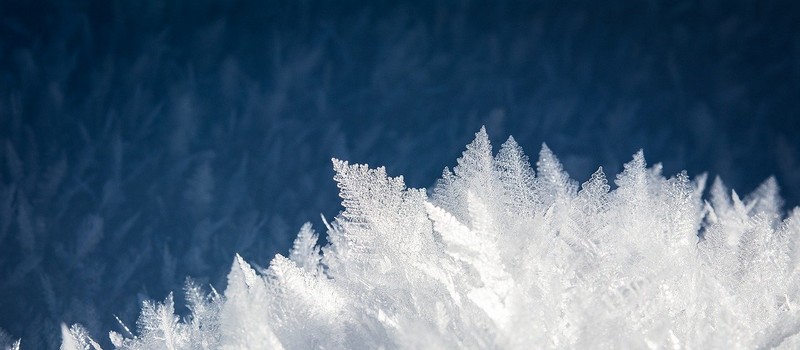If you are planning on running your air conditioner during the colder winter months, there are some common problems you need to be aware of that can be easily avoided. In the following post, we will outline these, as well as providing great tips for dealing with faults and anything you should and shouldn’t be concerned about.
Most Common Air Conditioning Problems
The most common air conditioning problems occur during winter is an insufficient heating duty, which is normally the result of air conditioning systems being used that are not suitable for low ambient temperatures. This problem normally surfaces when installation technicians do not choose the best-sized units for the job at hand. In order to counter these kinds of issues though, air conditioner manufacturers have been hard at work developing units that will perform at extremely low temperatures, without losing their capacity or ability to operate effectively. With advances being made regularly, air-con units are becoming much more efficient for winter use.
Although you will find that many manufacturers claim their newer models are able to operate at temperatures as low as -10-degrees Celsius, it can be misleading to put it in such simplistic terms.
For instance, if a unit at 5-degrees Celsius produces 10kW heating, this is expected to drop to around 30% in terms of efficiency if the ambient temperature was as low as -10=degrees Celsius. It will put additional pressure on your unit. However, the good news is that it rarely ever dips as low as that in the UK.
Most common False Alarms
Another major problem with air conditioners during winter is that they sometimes look like they have developed a fault when they haven’t.
One of the most common is people seeing water seeping out from the condensers on the outside of their property and assuming that something must be wrong. While it may look like there’s something seriously wrong, it is normal when the air conditioner is in heating mode.
The only instance when this becomes a problem is if there is a footpath or walkway directly below the condensers. That means the liquid leaking out could become a slipping hazard as it freezes. Therefore, you’d need to make sure that the water is diverted and drains off in a safe place.
People also worry that something is wrong when their condensers make more noise than usual during cold weather. However, they tend to be naturally noisier during winter, so this is nothing you need to be concerned about.
You may find that your air conditioner stops providing heat sometimes. This is perfectly natural and does not mean there is anything wrong. It’s necessary to stop frost and ice building up, so the unit goes into defrost mode. Therefore, wait to see if it starts producing heat naturally again before calling a technician out.
Preventing Winter Faults
There are various things you can do to prevent air conditioning problems occurring during winter and when things do actually go wrong, there are some quick fixes you can implement.
Always make sure that your air-con units are free of obstructions, so it doesn’t have to work harder than it needs to, whether it is an indoor or outdoor unit.
Ensure that the air discharge points and any vents are not blocked.
Set the controllers for your system to a suitable temperature, keeping in mind the outdoor conditions. If you’re in an office, 23-degrees Celsius is fine, whereas 30-degrees is too high.
A good plan is to place the louvers on the units indoors in as vertical position as possible, making sure all the heat is forced down and into the room quickly.
Whenever you encounter fault codes, it is best to turn off your mains power, wait for 10 seconds and restart. Generally, faults just need to be reset and usually this will solve most error codes.
This is the first thing an engineer would do when they come out, so it’s best to save some money by trying it yourself first.






